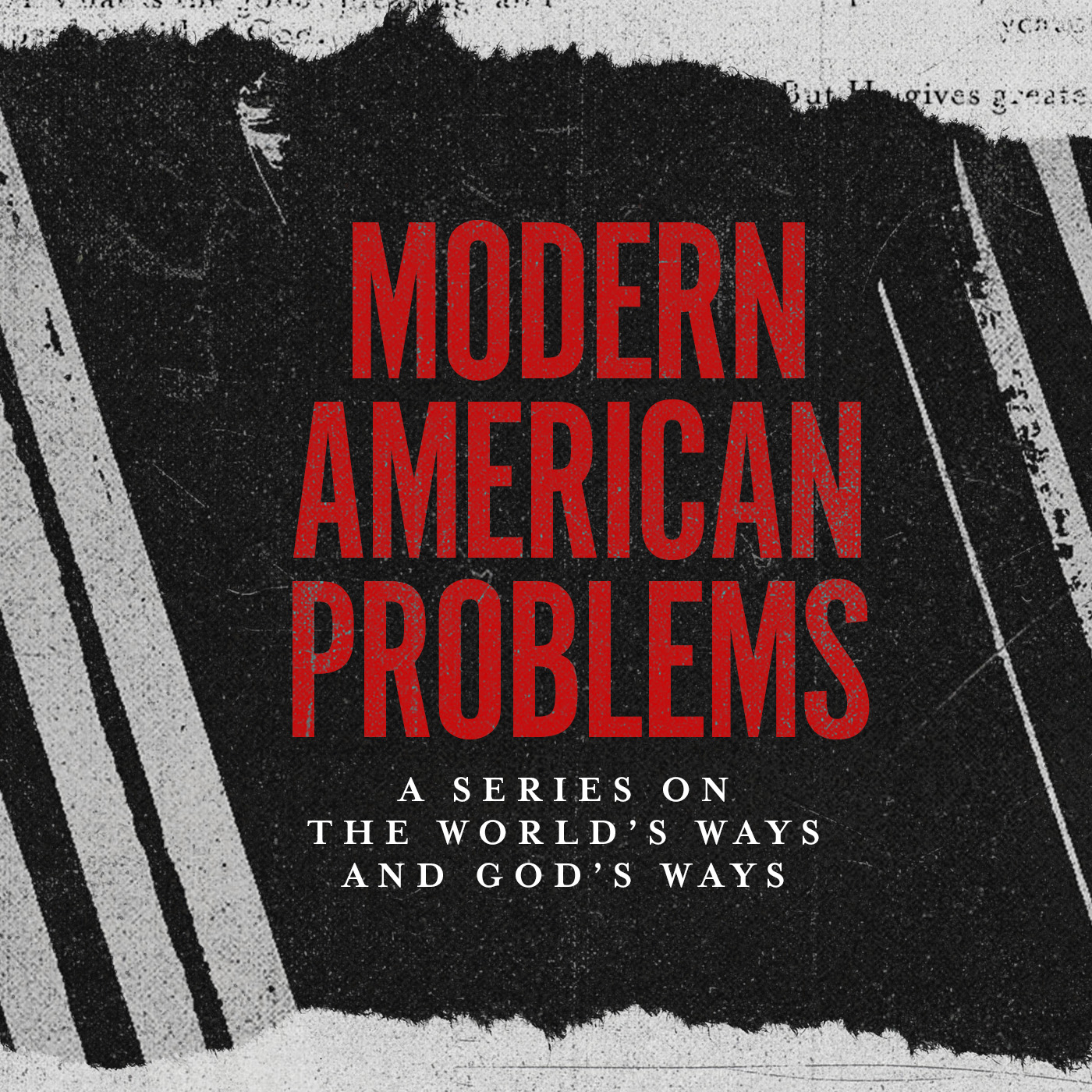- 1. Divorce is a sin (see Mark 10:2-12.) So, the church cannot sit idly by when one of their own premeditates to do it.
- 2. Some divorces involve the sin of both spouses. When a husband and wife mutually give up on a marriage, they are both committing this sin.
- 3. However, some divorces may involve the sin of only one spouse.When a husband cheats on his wife (or vice versa) or when a husband walks out the door and abandons his wife (or vice versa) it could very well be that the other spouse is innocent and is not committing the sin of divorce. (See Matthew 19:9 and 1 Corinthians 7:10-15.)
- 4. There are no other reasons specified in Scripture (other than the two listed above: adultery and abandonment) where a person is said to be free of their marriage commitment and therefore free to divorce and remarry. It is only implied in Matthew 19:9 for adultery, and it is explicitly stated for the case of abandonment in 1 Corinthians 7:15. The historic protestant view is that these are the two reasons where a Christian could be free (from God’s perspective) from their marriage vows.
- 5. 1 Corinthians 7:11 seems to imply that there might be other occasions (other than abandonment and adultery) where a separation (even a long-term one) is permissible. Perhaps physical abuse would be an example of a good reason for this kind of separation. However, even in this case, 1 Corinthians does not give a full-on “get a divorce and be free to remarry” ticket, but rather expects the person to either reconcile or remain single.
- 6. In the case of people planning to divorce for neither of the above reasons, the church is to try to talk the person out of it, over and over again. If ultimately unsuccessful, the church is to remove the person(s) from the congregation and not associate with the person(s) socially (See Matthew 18:15-17 and 1 Corinthians 5:1-13.)
- 7. I have personally witnessed multiple occasions where Christians were on the verge of divorce, but then were talked out of it(sometimes even because of the threat of excommunication) and they are now happy/thankful that other Christians put obstacles in their way on the road to divorce.
- 8. Sometimes people might ask: “Why would this particular sin necessitate an excommunication when so many other sins don’t? I mean, Sylvia was rude to me in the hallway last week; why not kick her out?” This is a very good question that will be addressed in the next two points.
- 9. One reason has to do with repentance vs. non-repentance. Sylvia can and should repent (turn the other direction) and stop being rude in the hallway. If she does repent, there is no reason for church discipline. However, if Sylvia continues to say: “I’ll talk to the people in the hallway however I please! In fact, I’ll shove people out of my way if I need to!” then Sylvia should be subject to the same measures as the divorcers – multiple conversations aiming at repentance, and if ultimately unsuccessful, an excommunication. In that sense, the two sins would be no different.
- 10. However, there are some sins that cannot be handled relationally or institutionally. This is especially true regarding sins of the mind. Churches typically cannot discipline their members for the sins of envy, lust, or bitterness. And it’s not because these aren’t sins; they certainly are. But the sinner can easily deny them. And since they take place in the Christian’s mind, they cannot be confirmed by two or more witnesses like Jesus required for church discipline (see Matthew 18:16.) This doesn’t mean envy, lust, and bitterness aren’t seriously tragic sins. It just means that God will have to deal with them, because the church cannot. The church can only handle more obvious public sins like divorce, heresy, transgenderism, living with your boyfriend/girlfriend, routine intoxication, taking a job at a strip club, etc.
Current Series

There are many ways in which our current society has replaced God’s good things with poor substitutes. This sermon series is our attempt to address some of these issues that are very relevant for our times.
View Modern American ProblemsArticles
Sometimes there are thoughts that we'd love to share with you, but they really don't fit anywhere in particular. So we have a blog for just such items.
Recent Articles
- The Benefits of the Real World Over the Online World by Mario Villella on Feb 2, 2026
- Pastors Aren't Dentists by Mario Villella on Jan 1, 2026
- Inconvenienced for the Sake of the Gospel by Mario Villella on Jan 1, 2026
- New Series: Modern American Problems by Mario Villella on Dec 16, 2025
Sermon Archive
We also have a large archive of all of our previous sermon series. Feel free to have a listen.
Past Series
- Characters At Christmas (3-parts)
- Shine (2-parts)
- Changed (6-parts)
- How It Started (22-parts)
Music
We maintain a few shared playlists on Apple Music & Spotify. They serve two purposes: To allow you to learn songs before we sing them, and to listen to a wider array of songs that we have sung corporately for the life of Good News.
Sunday Weekly
Sunday All-Time
Where Are We Located?
Our Address
5600 SE 24th St
Ocala, FL 34480
Phone: (352) 229-8901
Email: info@goodnewsocala.com
Good News Church is located off of Baseline Rd in Ocala, FL. Whether you're coming from North, or South FL, it's a quick jaunt on I-75, or just straight up US Hwy 441.
Get DirectionsFollow Us!
Church is not just Sunday mornings. It's a community of believers joined together. Keep in touch with us throughout the week.
Facebook Twitter Join a Community GroupFinancial Support
The stewardship of our finances is a tremendous—and often overlooked—area of our lives where we can faithfully proclaim the gospel. Giving strengthens our devotion to Christ and frees us to live open-handedly with the gifts God gives us. We trust in Him and His provision instead of our perceived self-sufficiency. As people of faith, we give faithfully and generously.
Give Your MoneyVolunteer
Just as we can donate from our finances, we can also donate our time. In this way you can help serve people inside, and outside, the church body. We have many ways in which you can serve:
Ways To Give Your Time
- Greeting people (new & old)
- Coffee Corner Setup & Service
- Lawn maintenance & care
- Teaching Bible Lessons to kids
- Watching babies, so the mother & father can attend the service
- etc...
